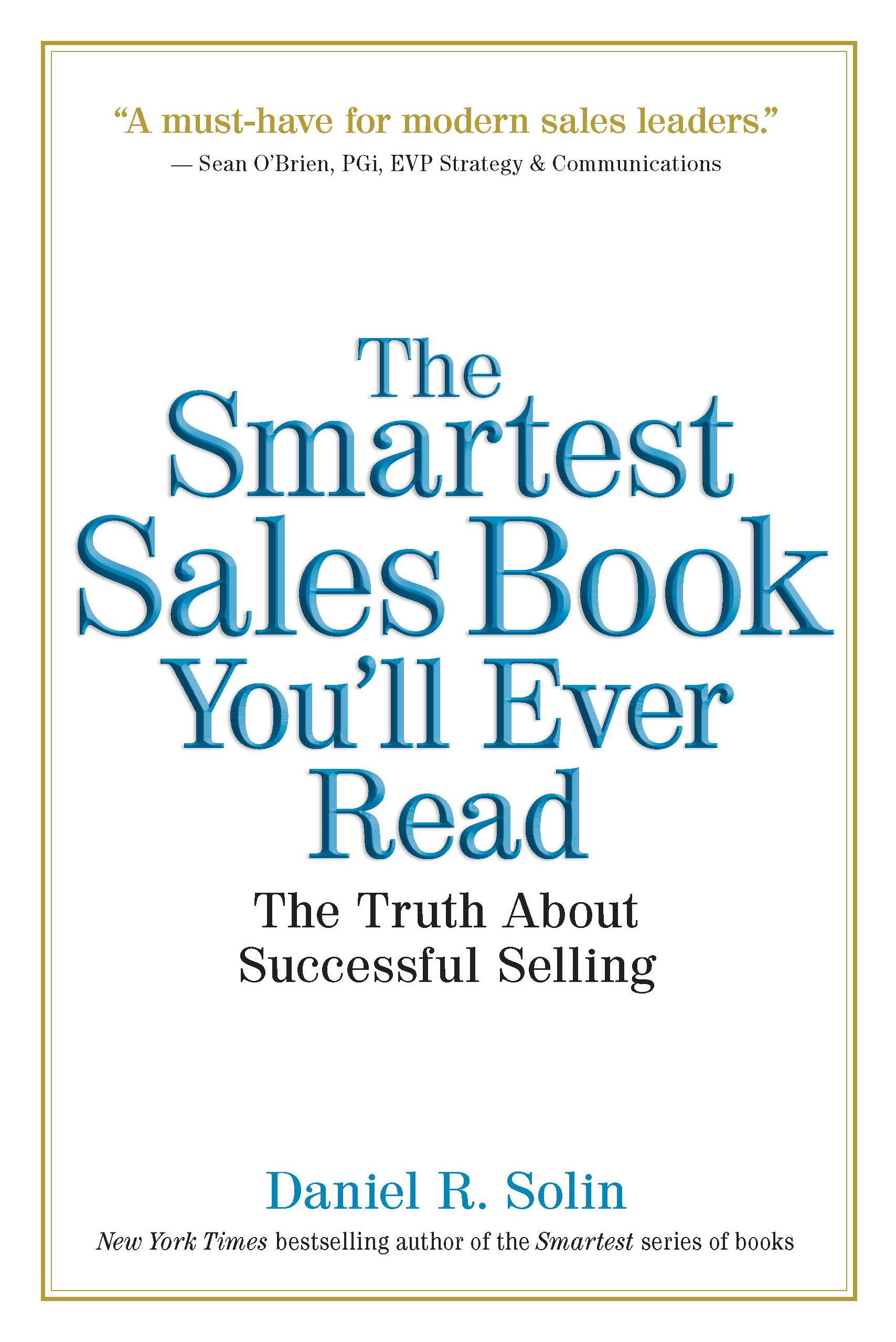The financial media continues to stoke anxiety and fear -- and trading -- with "news" about a coming market correction. On its list of "must reads" for July 16, Yahoo Finance featured these articles:
Sometimes these predictions are right, and sometimes they are wrong. When they are wrong, investors who rely on them for market advice suffer the financial consequences. On January 25, 2013, CTA and risk management firm Genuine Trading Solutions Ltd. predicted a major stock market correction over the coming year for the Dow Jones, S&P 500 and NASDAQ indices. Genuine Trading described itself as "a derivatives specialist in risk management hedging" for corporations and financial institutions.
On January 25, 2013, the Dow Jones Industrial Average (DJIA) closed at 13,895. It closed at 17,060 on July 15, 2014.
As the evidence indicates, you can't rely on anyone to time the market reliably. You might even be better advised to pay attention to the signals being sent by your own brain. A study published by well-credentialed professors associated with Caltech and Virginia Tech analyzed the brain activity and behavior of people trading in experimental markets. The participants in the study were exposed to hypothetical market conditions indicative of a bubble, where the prices of the "shares" involved were increased to a multiple of their fundamental value.
A small percentage of participants sold their "shares," even though they were continuing to rise in value. Most of the participants continued to aggressively buy "shares," until well after the price peaked and the "shares" imploded in the "bubble."
The researchers analyzed functional MRI brain scans of the high earners, who sold their shares in a rising market. They found that a part of the brain linked to financial uncertainty and risk aversion (the insula) became more activated in high earners shortly before they switched from buying to selling. In low earners, there was no similar increase in activity in the insula, which might be the reason they continued to buy.
If your brain is telling you that you are overexposed to stock market risk, you might want to listen to those signals. An even better strategy would be not to try to time the market at all.
 Dan Solin is the director of investor advocacy for the BAM ALLIANCE and a wealth advisor with Buckingham. He is a New York Times best-selling author of the Smartest series of books. His latest book is The Smartest Sales Book You'll Ever Read.
Dan Solin is the director of investor advocacy for the BAM ALLIANCE and a wealth advisor with Buckingham. He is a New York Times best-selling author of the Smartest series of books. His latest book is The Smartest Sales Book You'll Ever Read.
The views of the author are his alone and may not represent the views of his affiliated firms. Any data, information and content on this blog is for information purposes only and should not be construed as an offer of advisory services.

